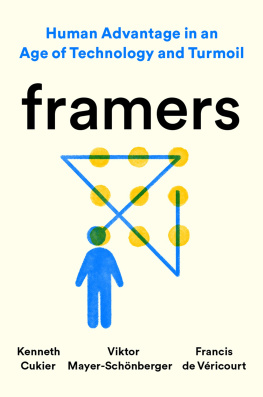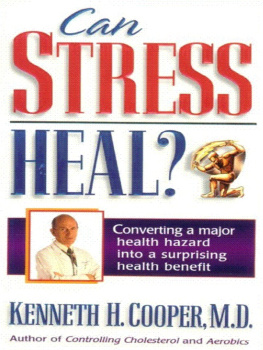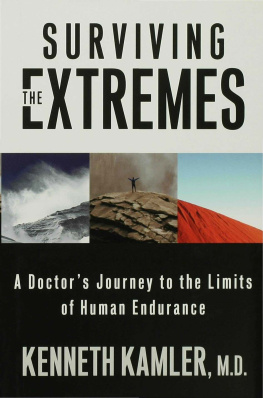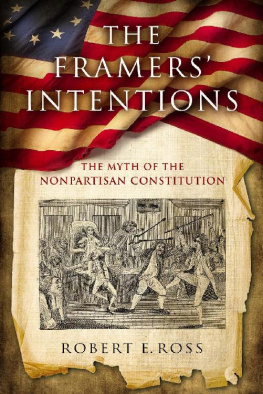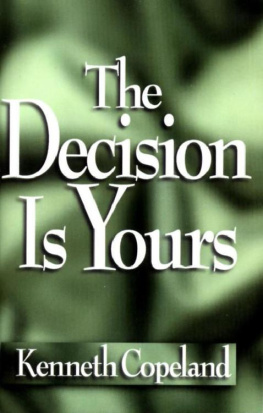Kenneth Cukier - Framers: Human Advantage in an Age of Technology and Turmoil
Here you can read online Kenneth Cukier - Framers: Human Advantage in an Age of Technology and Turmoil full text of the book (entire story) in english for free. Download pdf and epub, get meaning, cover and reviews about this ebook. year: 2021, publisher: Penguin Publishing Group, genre: Politics. Description of the work, (preface) as well as reviews are available. Best literature library LitArk.com created for fans of good reading and offers a wide selection of genres:
Romance novel
Science fiction
Adventure
Detective
Science
History
Home and family
Prose
Art
Politics
Computer
Non-fiction
Religion
Business
Children
Humor
Choose a favorite category and find really read worthwhile books. Enjoy immersion in the world of imagination, feel the emotions of the characters or learn something new for yourself, make an fascinating discovery.
- Book:Framers: Human Advantage in an Age of Technology and Turmoil
- Author:
- Publisher:Penguin Publishing Group
- Genre:
- Year:2021
- Rating:3 / 5
- Favourites:Add to favourites
- Your mark:
- 60
- 1
- 2
- 3
- 4
- 5
Framers: Human Advantage in an Age of Technology and Turmoil: summary, description and annotation
We offer to read an annotation, description, summary or preface (depends on what the author of the book "Framers: Human Advantage in an Age of Technology and Turmoil" wrote himself). If you haven't found the necessary information about the book — write in the comments, we will try to find it.
Framers: Human Advantage in an Age of Technology and Turmoil — read online for free the complete book (whole text) full work
Below is the text of the book, divided by pages. System saving the place of the last page read, allows you to conveniently read the book "Framers: Human Advantage in an Age of Technology and Turmoil" online for free, without having to search again every time where you left off. Put a bookmark, and you can go to the page where you finished reading at any time.
Font size:
Interval:
Bookmark:
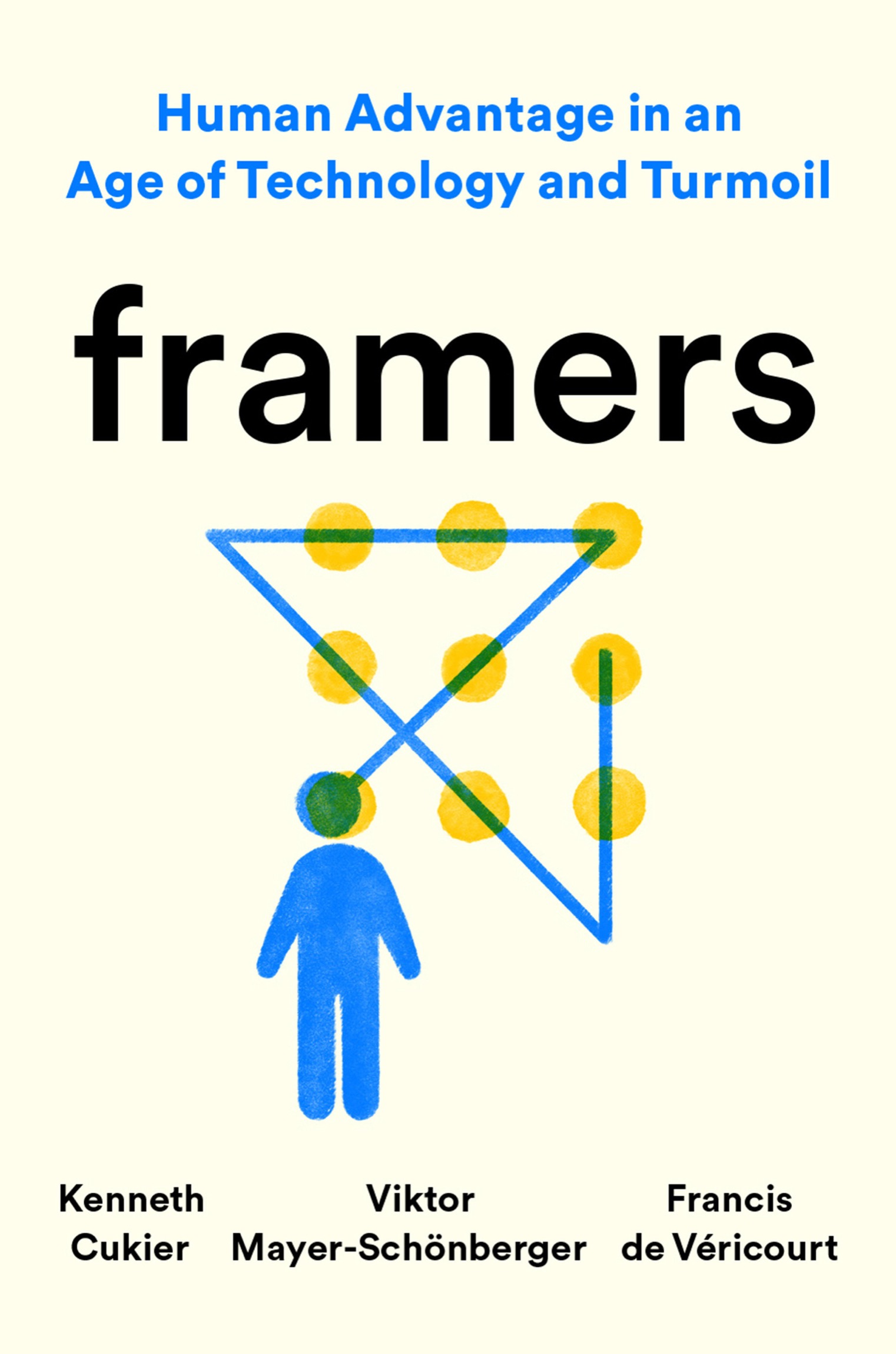
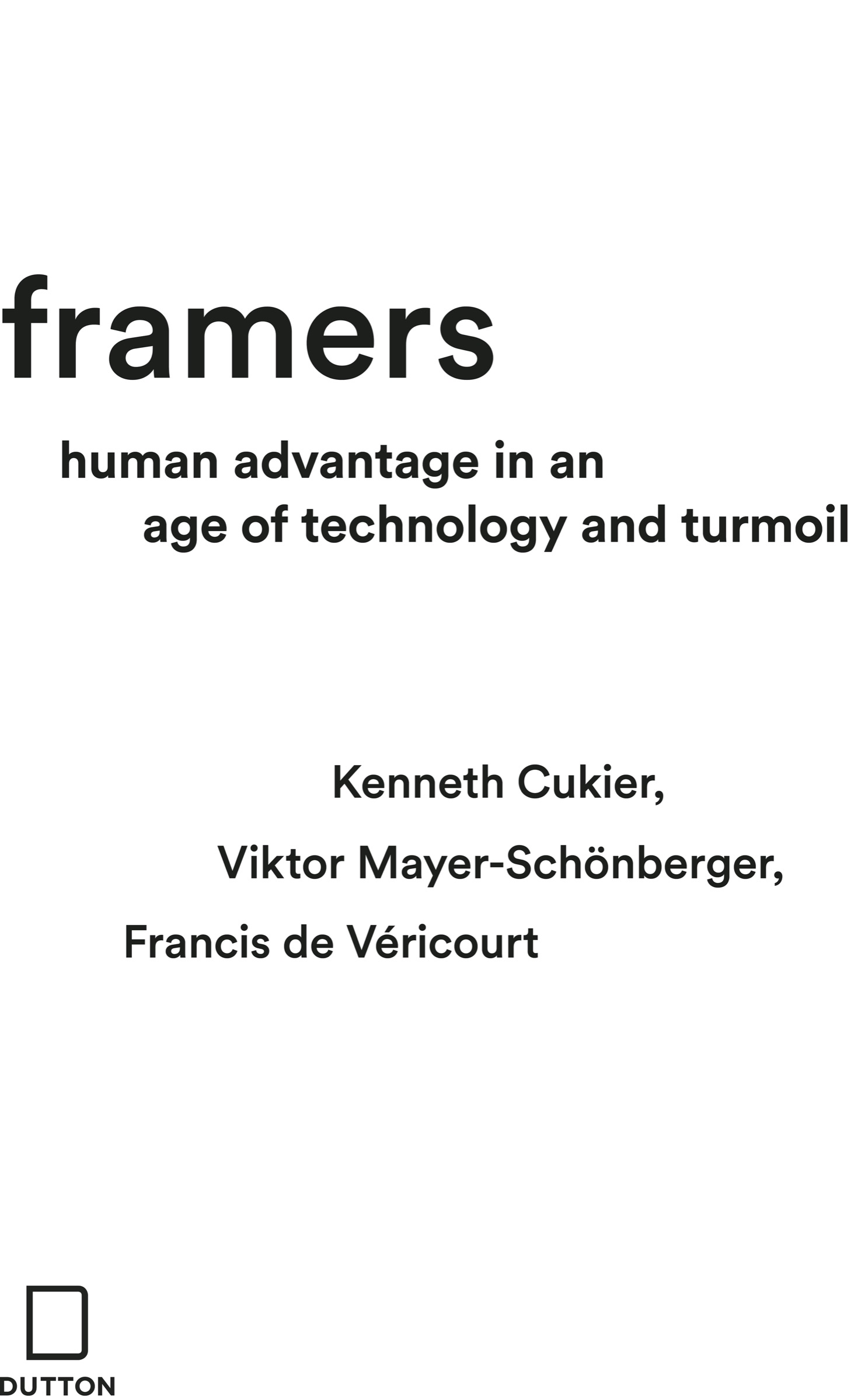
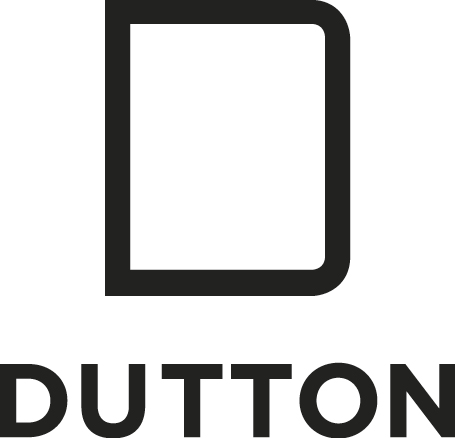
An imprint of Penguin Random House LLC
penguinrandomhouse.com

Copyright 2021 by Kenneth Cukier, Viktor Mayer-Schnberger, and Francis de Vricourt
Penguin supports copyright. Copyright fuels creativity, encourages diverse voices, promotes free speech, and creates a vibrant culture. Thank you for buying an authorized edition of this book and for complying with copyright laws by not reproducing, scanning, or distributing any part of it in any form without permission. You are supporting writers and allowing Penguin to continue to publish books for every reader.
DUTTON and the D colophon are registered trademarks of Penguin Random House LLC.
Library of Congress Cataloging-in-Publication Data
Names: Cukier, Kenneth, author. | Mayer-Schnberger, Viktor, author. | Vricourt, Francis de, author.
Title: Framers: human advantage in an age of technology and turmoil / Kenneth Cukier,
Viktor Mayer-Schnberger, Francis de Vricourt.
Description: [New York, New York]: Dutton, [2021] | Includes bibliographical references and index.
Identifiers: LCCN 2020051813 (print) | LCCN 2020051814 (ebook) |
ISBN 9780593182598 (hardcover) | ISBN 9780593182604 (ebook)
Subjects: LCSH: Cognitive maps (Psychology) | Frames (Sociology) | Reasoning (Psychology)
Classification: LCC BF314 .C85 2021 (print) | LCC BF314 (ebook) |
DDC 153dc23
LC record available at https://lccn.loc.gov/2020051813
LC ebook record available at https://lccn.loc.gov/2020051814
ISBN 9780593185049 (export edition)
Book design by Nancy Resnick, adapted for ebook by Estelle Malmed
While the authors have made every effort to provide accurate telephone numbers, internet addresses, and other contact information at the time of publication, neither the publisher nor the authors assume any responsibility for errors or for changes that occur after publication. Further, the publisher does not have any control over and does not assume any responsibility for author or third-party websites or their content.
Cover design by Mojo Wang and Jason Booher
Cover illustration by Mojo Wang
pid_prh_5.7.0_c0_r0
To my wife Heather
K.N.C.
To Hans Kraus
V.M.S.
In memory of Herv Raynaud
F.d.V.
For there is always light,
if only were brave enough to see it.
If only were brave enough to be it.
Amanda Gorman, January 20, 2021
Some threats are sudden and unexpected. Others are slow and smoldering. Both represent cognitive blind spots for which societies are unprepared. Whether pandemics or populism, new weapons or new technologies, global warming or gaping inequalities, how humans respond marks the difference between survival and extinction. And how we act depends on what we see.
Each year, more than 700,000 people around the world die from infections that antibiotics once cured but no longer do. The bacteria have developed resistance. The number of deaths is rising fast. Unless a solution is found, it is on track to hit ten million a year, or one person every three seconds. It makes even the tragedy of Covid-19 pale by comparison. And it is a problem that society itself has produced. Antibiotics work less and less well due to overuse: the very drugs that could once staunch the bacteria have turned them into superbugs.
We take antibiotics for granted, but before penicillin was discovered in 1928 and mass-produced more than a decade later, people routinely died from broken bones or simple scratches. In 1924, the sixteen-year-old son of American president Calvin Coolidge got a blister on his toe while playing tennis on the White House lawn. It became infected, and he died within the weekneither his status nor wealth could save him. Today, almost every aspect of medicine, from a C-section to cosmetic surgery to chemotherapy, relies on antibiotics. If their power were to wane those treatments would become far riskier.
From her colorful, plant-strewn office in Cambridge, Massachusetts, Regina Barzilay, a professor of artificial intelligence at MIT, envisioned a solution. Conventional drug development mostly focuses on finding substances with molecular fingerprints similar to ones that work. That generally performs well, but not for antibiotics. Most substances with similar compositions have already been examined, and new antibiotics are so close in structure to existing ones that bacteria quickly develop resistance to them, too. So Barzilay and a diverse team of biologists and computer scientists, led by Jim Collins, a professor of bioengineering at MIT, embraced an alternative approach. What if, instead of looking for structural similarities, they focused on the effect: Did it kill bacteria? They reconceived the problem not as a biological one but an informational one.
Charismatic and confident, Barzilay doesnt come across as a typical nerd. But then, she is accustomed to defying categories. She grew up under communism in what is now Moldova, speaking Russian; was educated in Israel, speaking Hebrew; and attended grad school in America. In 2014, as a new mother in her early forties, she was diagnosed with breast cancer, which she survived after difficult treatments. This ordeal led her to change her research in order to focus on artificial intelligence in medicine. As her research gained attention, a MacArthur genius grant followed.
Barzilay and the team got to work. They trained an algorithm on more than 2,300 compounds with antimicrobial properties, to find if any inhibited the growth of E. coli, a noxious bacterium. Then the model was applied to around six thousand molecules in the Drug Repurposing Hub and later to more than one hundred million molecules in another database to predict which might work. In early 2020 they struck gold. One molecule stood out. They named it halicin after HAL, the renegade computer in 2001: A Space Odyssey.
The discovery of a superdrug to kill superbugs made headlines around the world. It was hailed as a video killed the radio star moment for the superiority of machine over man. AI Discovers Antibiotics to Treat Drug-Resistant Diseases, boomed a front-page headline in the Financial Times.
But that missed the real story. It wasnt a victory for artificial intelligence but a success of human cognition: the ability to rise up to a critical challenge by conceiving of it in a certain way, altering aspects of it, which open up new paths to a solution. Credit does not go to a new technology but to a human ability.
Humans were the ones who selected the right compounds, who knew what they were doing when they gave the material for the model to learn from, Barzilay explains. People defined the problem, designed the approach, chose the molecules to train the algorithm, and then selected the database of substances to examine. And once some candidates popped up, humans reapplied their biological lens to understand why it worked.
The process of finding halicin is more than an outstanding scientific breakthrough or a major step toward accelerating and lowering the cost of drug development. To succeed, Barzilay and the team needed to harness a form of cognitive freedom. They didnt get the idea from a book, from tradition, or by connecting obvious dots. They got it by embracing a unique cognitive power that all people possess.
Font size:
Interval:
Bookmark:
Similar books «Framers: Human Advantage in an Age of Technology and Turmoil»
Look at similar books to Framers: Human Advantage in an Age of Technology and Turmoil. We have selected literature similar in name and meaning in the hope of providing readers with more options to find new, interesting, not yet read works.
Discussion, reviews of the book Framers: Human Advantage in an Age of Technology and Turmoil and just readers' own opinions. Leave your comments, write what you think about the work, its meaning or the main characters. Specify what exactly you liked and what you didn't like, and why you think so.

